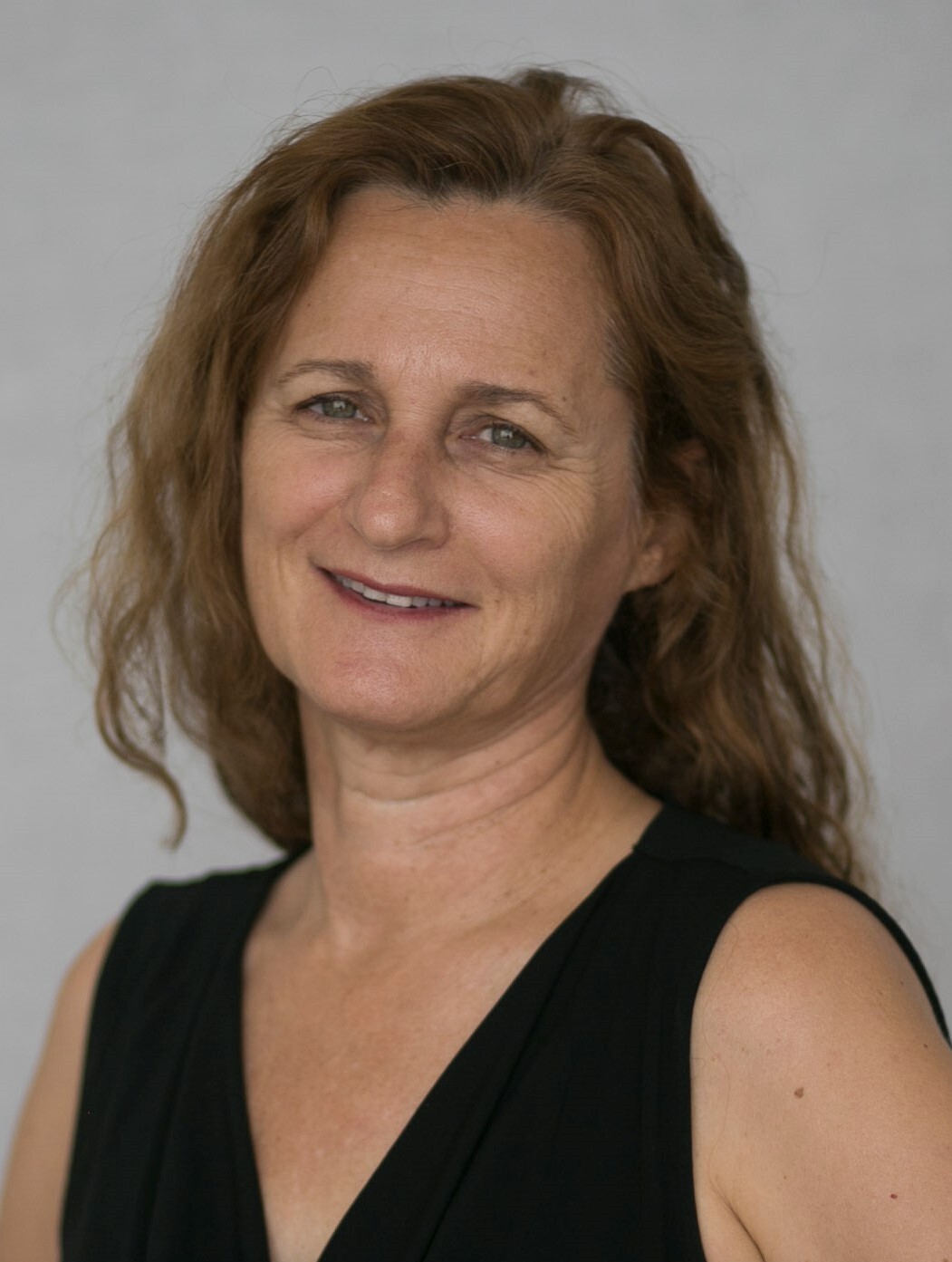 Hadas Ziv, head of policy
Hadas Ziv, head of policy and ethics at Physicians for
Human Rights-Israel
Israel was originally praised for its approach to covid-19 vaccine distribution, and was hailed as a model for how to get things done. But the picture that has emerged since is a lot more complicated. Covid-19 infections have reached record highs, and a new lockdown has been extended until the end of January. Meanwhile, there is inequality and political turmoil behind the headlines, with the UN among those criticizing Israel for refusing to share its vaccines with some 4.5 million Palestinians living in the West Bank and Gaza Strip.
We spoke with Hadas Ziv, the head of policy and ethics at Physicians for Human Rights-Israel, about that country’s successes and setbacks. She was part of the expert team that presented covid-19 vaccine policy recommendations to the Israeli government, and the group was among those petitioning for prisoners to be vaccinated.
This interview has been condensed and edited for clarity.
Q: If you’re an Israeli citizen who wants a vaccine, what steps do you need to take?
A: It's very easy. You're notified that you're eligible, either by an SMS, or you can just go into the site of your [healthcare provider], and immediately you see whether you're eligible or not.
You make an appointment on the internet, or they can send you a link to your phone. It's very, very organized. And you just get the vaccine. That’s it.
Q: Is the vaccine free? Have there been any hurdles or confusing rollout processes?
A: The positive side of Israel is that we have a public health system, and everyone, all residents, are insured. So unless you're in a specific group, like migrant workers or refugees or Palestinians in the occupied territories, you're insured, and you're part of the system.
Q: Are you seeing problems around vaccine hesitancy or refusal?
A: I think that, in general, Israelis trust vaccines. There were a few conspiracy theories in the media, which made people think whether they should wait to see how it goes for those who are being vaccinated. But I think the fear of the disease is bigger than the fear of the vaccine, and the publicity that the vaccine is safe persuaded many.
We have specific communities [like some ultraorthodox and Arab communities] where there is less trust and information. There should be an effort made by both the health system and the government to persuade and make the information accessible for them so they come and get the vaccinations.
Q: Israel was seen as a model for the rest of the world in speedy vaccine distribution. But cases have been rising, and the country is in another lockdown. What does that tell us about the role vaccines play in overcoming the pandemic?
A: There’s a positive and a negative in the vaccination [process]. It was speedy—Israel acted like many other Western countries, in what is known as a trend of vaccination nationalism. Each country for its own.
We have not solved the compliance of the public. There are big differences between different communities in Israel, and we do not enjoy social solidarity. For example, the ultraorthodox are a little bit above 10% of the population but 30% of new cases of covid-19. There is a danger that once you say this community does not obey the social distancing or cannot because of [social conditions] that there is a lot of public anger toward them. That may even deepen the social conflict within our society.
If you do want to achieve herd protection, you need to reach at least two-thirds of your population. If we do not reach those communities that are now not likely to want the vaccination, we will not reach this number.
Q. The government and Pfizer agreed to trade medical data for doses of vaccines. What’s the impact of that? Was the public given enough information on the details of this agreement?
We got a special agreement from Pfizer, and when they publicized the agreement, at least one-third of it was blackened out. And I think it’s done more damage than good, because now we don't know how much information they get on us.
If indeed Israel is leading in vaccinating its population, and you do want to learn about the efficacy and adverse effects, why not give this information for free for all the health ministries and systems and laboratories? It's a global challenge. Why make Pfizer the only one with this knowledge? I don't know. This is something that we are trying to look into.














